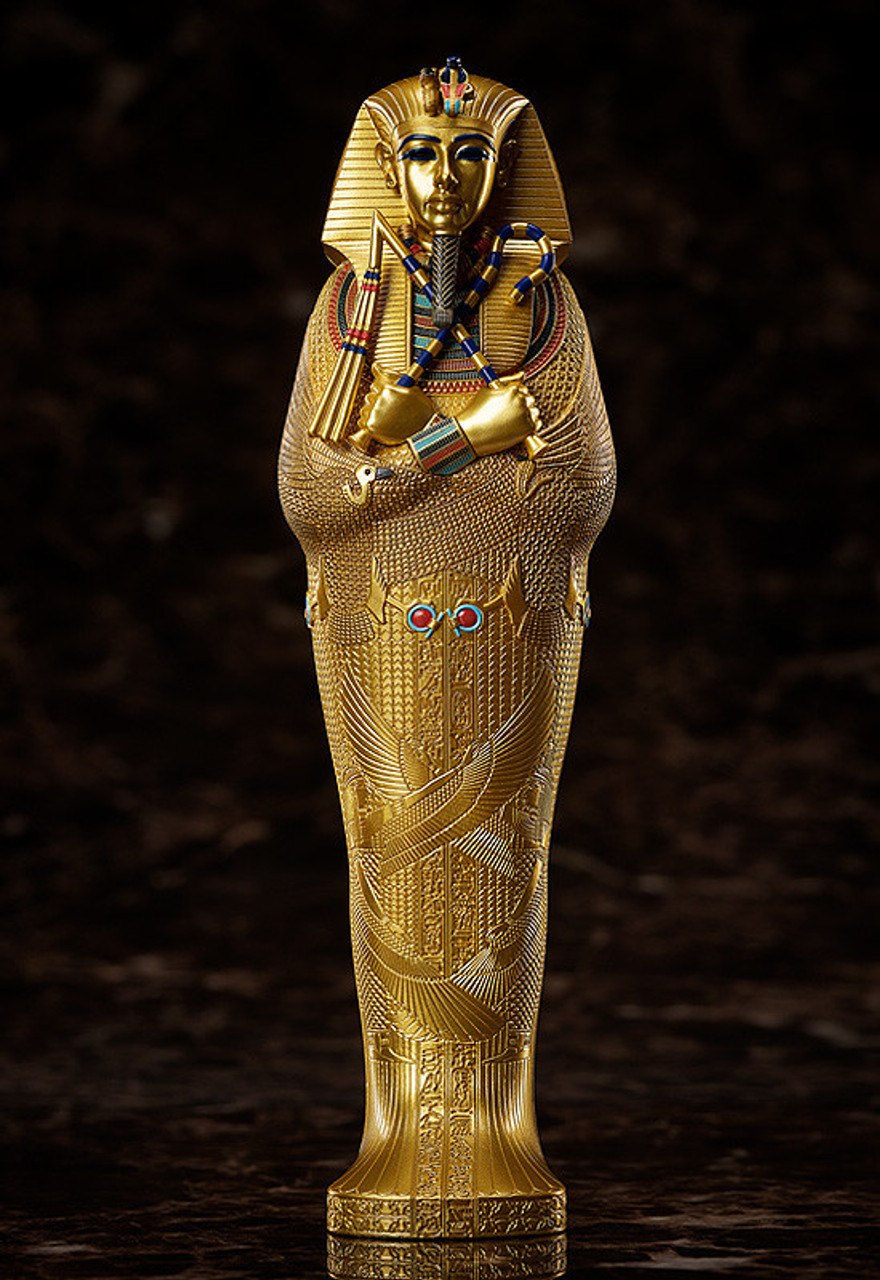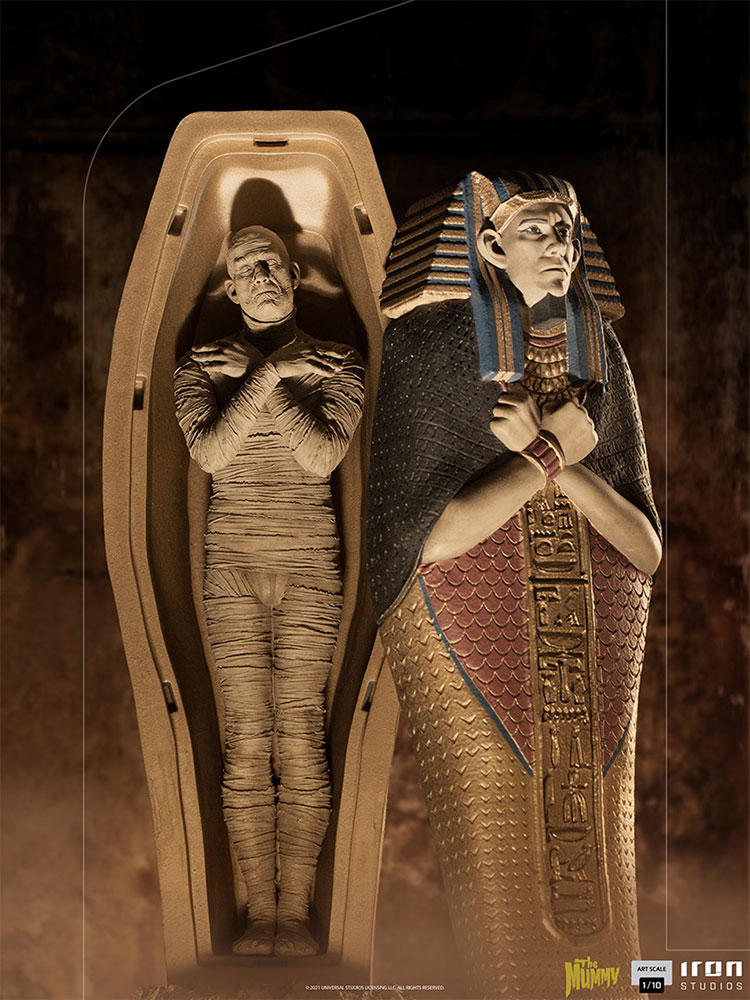The Enigmatic Curse Unveiled: The Mysterious Tale Behind Tutankhamun’s Mummy
The discovery of Tutankhamun’s tomb in 1922 by the British archaeologist Howard Carter captivated the world, but it was the enigmatic curse associated with the young pharaoh’s mummy that added an air of mystery and intrigue to the story. The curse, believed to be cast upon those who disturbed Tutankhamun’s resting place, has fascinated historians and the public alike.

Tutankhamun, also known as the “boy king,” ascended to the throne at the tender age of nine and died unexpectedly at around 18 years old. His mummified remains were found within a golden sarcophagus, surrounded by a vast array of treasures intended to accompany him into the afterlife.

Soon after the tomb’s discovery, stories of misfortune and tragedy befell some of those involved in the excavation. From unexplained illnesses to mysterious deaths, the alleged curse seemed to cast a shadow over those who had disturbed the pharaoh’s eternal slumber.
However, many skeptics argue that the curse was nothing more than a product of media sensationalism and coincidences. They attribute the reported misfortunes to natural causes or mere coincidence, rather than supernatural intervention.

Scientific investigations into Tutankhamun’s mummy have also shed light on the possible origins of the curse myth. Studies have revealed that the young pharaoh’s burial chamber contained toxic mold spores, which could have caused respiratory ailments and contributed to the ill health of some of the expedition members.
Despite the skepticism and scientific explanations, the allure of the curse endures. It speaks to our fascination with ancient beliefs and the power of the unknown. Tutankhamun’s mummy and the curse associated with it continue to captivate the public’s imagination, adding an element of mystique to the already captivating story of one of Egypt’s most famous pharaohs.

As we delve deeper into the tale of Tutankhamun’s mummy, we are reminded of the intricacies of ancient Egyptian beliefs and the enduring legacy of their civilization. The enigmatic curse serves as a reminder of the enduring power of myth and the mysteries that still lie hidden within the sands of time.